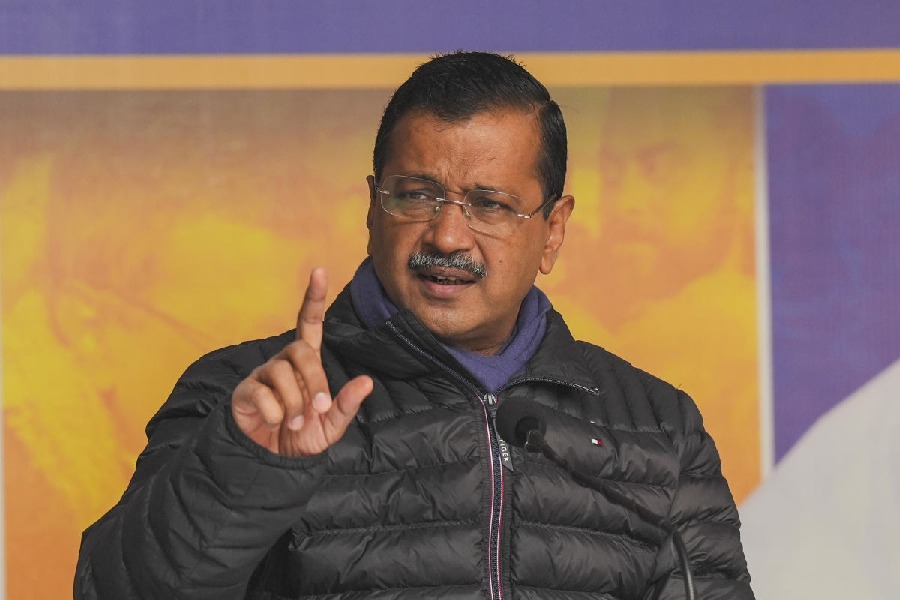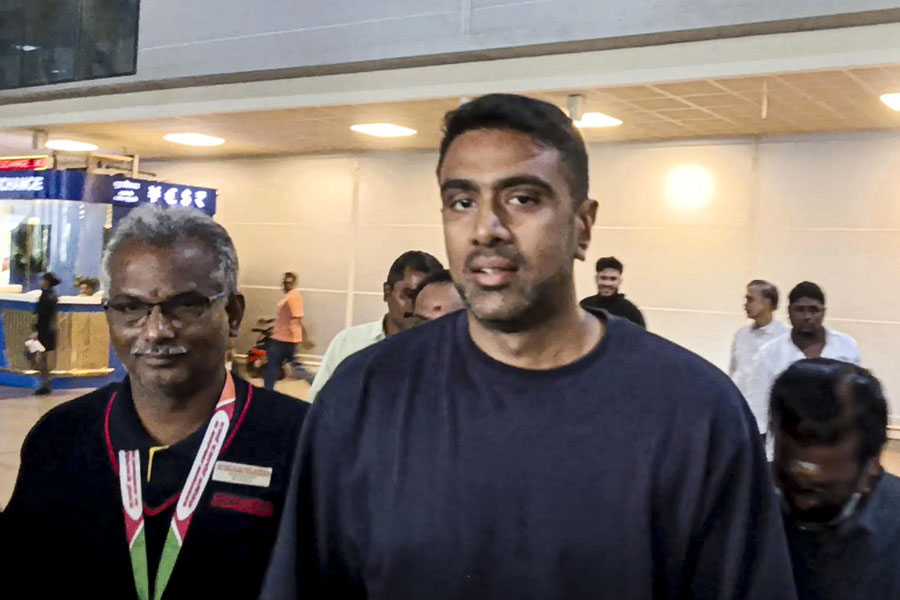The Supreme Court has ruled that religious conversion or reconversion does not entitle a person to reservation under the SC/ST category if the purpose of conversion is solely to avail quota benefits.
A bench of Justices Pankaj Mithal and R. Mahadevan passed the verdict while dismissing the appeal filed by C. Selvarani challenging the denial of an SC certificate by the Tamil Nadu government to her on the ground that her parents were Christians and her claim of conversion to Hinduism could not be accepted.
“India is a secular country. Every citizen has a right to practise and profess a religion of their choice as guaranteed under Article 25 of the Constitution. One converts to a different religion when he/she is genuinely inspired by its principles, tenets and spiritual thoughts. However, if the purpose of conversion is largely to derive the benefits of reservation but not with any actual belief in the other religion, the same cannot be permitted, as the extension of benefits of reservation to people with such ulterior motive will only defeat the social ethos of the policy of reservation,” Justice Mahadevan, who authored the judgment, said.
The bench noted that in Selvarani’s case, the evidence demonstrated that the appellant professed Christianity and actively practised the faith by attending church regularly.
“Despite the same, she claims to be a Hindu and seeks for Scheduled Caste community certificate for the purpose of employment. Such a dual claim made by her is untenable and she cannot continue to identify herself as a Hindu after baptism,” Justice Mahadevan observed.
“Therefore, the conferment of Scheduled Caste communal status to the appellant, who is a Christian by religion, but claims to be still embracing Hinduism only for the purpose of availing reservation in employment, would go against the very object of reservation and would amount to a fraud on the Constitution,” he added.
The apex court also noted that field verification had revealed the registration of the marriage of Selvarani’s parents under the Indian Christian Marriage Act, 1872, the baptism of the appellant and her brother and also the fact that they had been regularly attending the church. Any interference with such findings is unwarranted, the apex court said.
“Therefore, we are of the opinion that the respondent authorities, after a thorough enquiry and having analysed the documentary evidence, reached the right conclusion that the appellant was not entitled to the Scheduled Caste community certificate and accordingly, the matter was referred to the district committee for cancellation of the community certificate already issued to her. The (Madras) High Court decision also, upon due consideration of the facts and circumstances of the case and legal position, was correct in dismissing the writ petition filed by the appellant,” the bench said.
The apex court observed that there was no substantial evidence of Selvarani’s reconversion to Hinduism. Her claims lacked public declarations, ceremonies or credible documentation to substantiate her assertions, it pointed out.
“There is nothing on record to show that she or her family has reconverted to Hinduism and on the contrary, there is a factual finding that the appellant still professes Christianity. As noticed above, the evidence on hand is also against the appellant. Therefore, the contention raised on the side of the appellant that the caste would be under eclipse upon conversion and resumption of the caste upon reconversion is unsustainable.... For the foregoing reasons, we do not find any merit in this appeal. Accordingly, this appeal stands dismissed,” the bench said.










